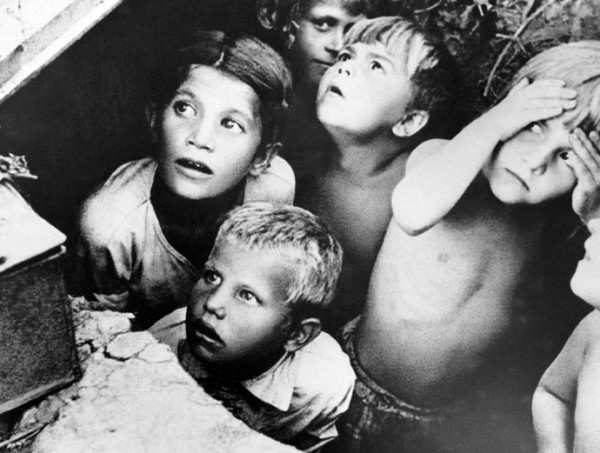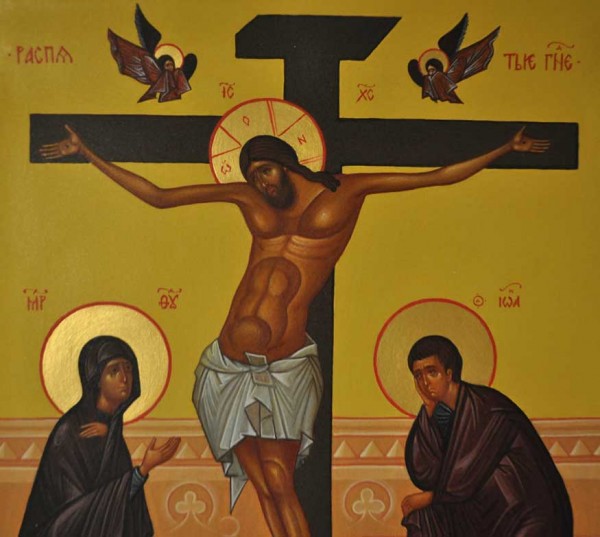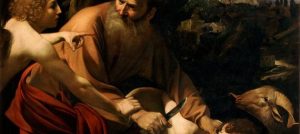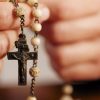The law of “how it should be” is a God implanted sense all humans have of life’s beauty and triumph. Yet we live in a good creation where hurricanes do not discriminate, where evil befalls the good as well as the wicked, where all that is beautiful is in some sense marred. It is as if some spanner has got stuck in the works.
Atheists, of course, use this as an argument against the existence of a benevolent Creator. With so much senseless waste and misery should we not rather charge this “God” with being a lousy and incompetent designer?
Let us consider this issue as raised in that great novel “The Brothers Karamazov” by Fyodor Doestoevsky? Here is a short extract from Chapter 35:
“‘Tell me yourself, I challenge your answer. Imagine that you are creating a fabric of human destiny with the object of making men happy in the end, giving them peace and rest at last, but that it was essential and inevitable to torture to death only one tiny creature — that baby beating its breast with its fist, for instance — and to found that edifice on its unavenged tears, would you consent to be the architect on those conditions? Tell me, and tell the truth.’ ‘No, I wouldn’t consent,’ said Alyosha softly.”
This is the beauty of our humanity that we rage against injustice, that we storm heaven with our protests, that we will never consent to the instrumentalism of sacrificing the one for the many.
Now look what God does.
To mend creation he sacrifices Himself for all in Christ. He places HIMSELF in the breach of death, the place of horror, and He vanquishes our mortality, closing the breach, bringing resurrection to the fallen.
So, slain we live, with our death overcome in Christ.
Somehow, somewhere in the distant past or perhaps a “time” before time, in a realm beyond this, (Eden), something went seriously wrong, not just with our disobedient first parents but also in the created order itself. The necessary freedom that God had given to the world was turned against Him. The tragedy of sin and spiritual death was born. Physical death at least limited the consequences in individual human lives. It was ultimately for our good that we were banished from Eden.
As painful as the grief of losing loved ones is for all of us, it is a mercy that everyone eventually dies. A limit is thereby placed on both the realm and extent of sin. We feel, however, the injustice of anyone dying young and with clean hands. We rage that this happens so often. We yearn that there should be some discrimination in favour of the innocent. To see this longing, and indeed revolt resolved, we need to return to God with our tears and pain and confess our ignorance in the loss of meaning with which all of us at one time or another are faced. In the final analysis we need life and hope beyond suffering and death and so it is to the God of life that we return even with our doubts, our questionings and, indeed, sometimes our anger. Who else after all can raise the fallen and mend the broken hearted? The God, I submit, who wept at the grave of Lazarus but who then raised him from the dead, even Christ Himself. Nonetheless we wonder, could not God by His power lift us out of this mire? By now it should be clear that just as Christ did not call on legions of angels to deliver Him, neither can we. Very occasionally, however, the devil oversteps his mark and uses death to try and subvert God’s plan by pre-empting it. This is when the angels intervene. If Christ indeed had faced death before His appointed “hour” (a continual refrain of St. John’s Gospel — “my hour has not yet come”) then perhaps the angels would have intervened for Him as well. There is a right time for us to die and it is for none but God to know. Only in the last lines of the closing chapter of our lives may we be e time or another are faced. In the final analysis we need life and hope beyond suffering and death and so it is to the God of life that we return even with our doubts, our questionings and, indeed, sometimes our anger. Who else after all can raise the fallen and mend the broken hearted? The God, I submit, who wept at the grave of Lazarus but who then raised him from the dead, even Christ Himself. Nonetheless we wonder, could not God by His power lift us out of this mire? By now it should be clear that just as Christ did not call on legions of angels to deliver Him, neither can we. Very occasionally, however, the devil oversteps his mark and uses death to try and subvert God’s plan by pre-empting it. This is when the angels intervene. If Christ indeed had faced death before His appointed “hour” (a continual refrain of St. John’s Gospel — “my hour has not yet come”) then perhaps the angels would have intervened for Him as well. There is a right time for us to die and it is for none but God to know. Only in the last lines of the closing chapter of our lives may we be given a hint that our passing approaches, but only so we can prepare through repentance and, if possible, anointing and final Holy Communion.
We should not fear what is to come, for in due time we shall taste the bliss of resurrection and one more piece of creation will be healed. The devil’s tactic though, in all of this, is to encourage us to doubt God’s wisdom in allowing the innocent to suffer. He insinuates that Christ should not have died. But when we lift high the cross the devil always scuttles away howling. He cannot take away from us our salvation which has been forged in and through the death and resurrection of Christ. Against such, all suffering, no matter how dire or unjust cannot have any relative, enduring place. God, and indeed each and every soul who loves Him wins hands down every time. It takes faith to see that, not reason alone.





















